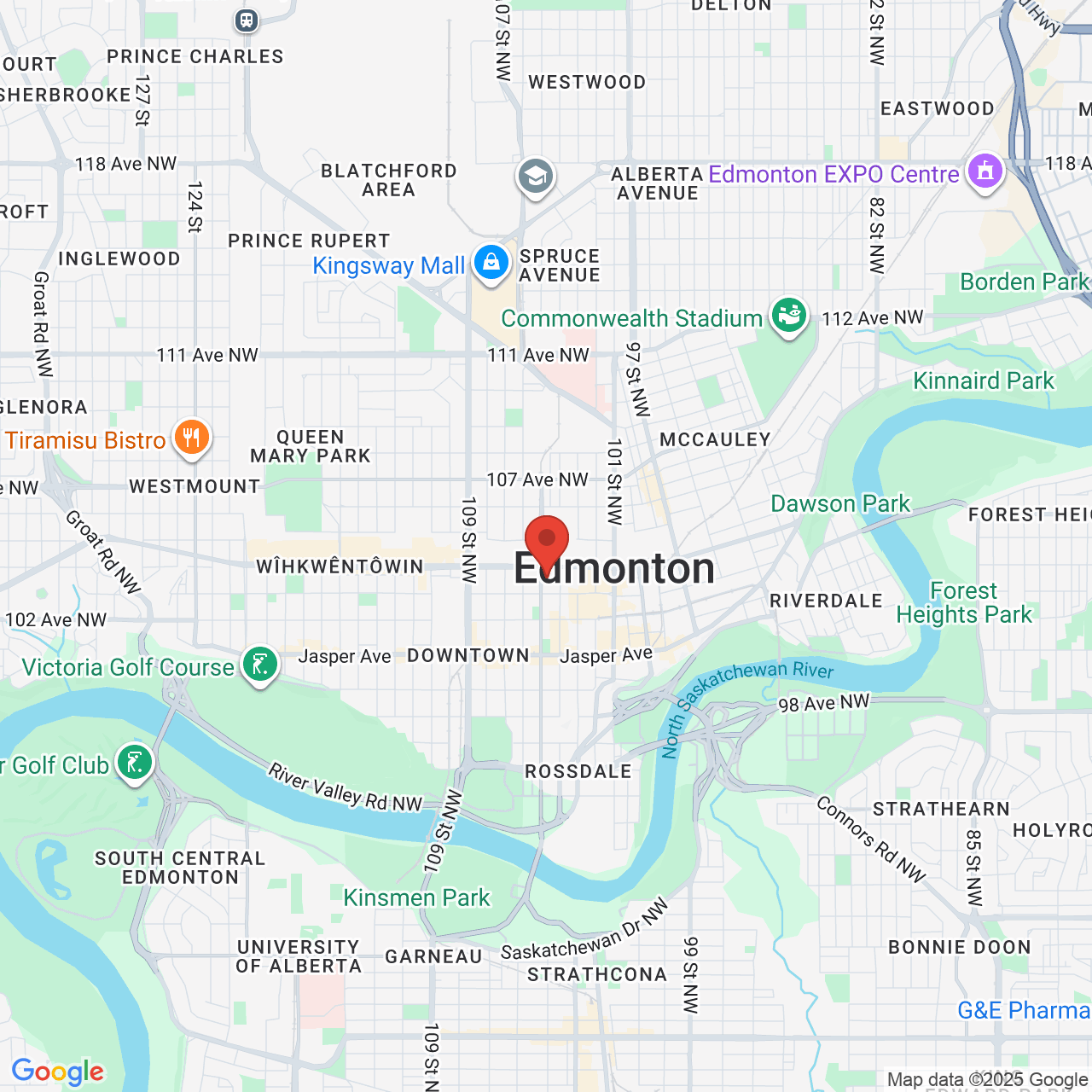How Do I Know If I Have TMJ Disorder? Receive an Accurate Diagnosis
 TMJ disorder is an often painful condition that results from misalignment of the temporomandibular joint. TMJ disorder can cause discomfort when eating and difficulty sleeping, among other problems.
TMJ disorder is an often painful condition that results from misalignment of the temporomandibular joint. TMJ disorder can cause discomfort when eating and difficulty sleeping, among other problems.
Over 10 million Americans are believed to be afflicted with this disorder. Although TMJ disorder is considered to be a serious problem, it is highly treatable. Our dentist, Dr. Nathaniel Podilsky, can diagnose and treat the symptoms of TMJ disorder. Many patients are unaware that they have the condition until they visit our Edmonton, AB, dental practice.
What Is TMJ Disorder?
The TMJs are the joints that connect your lower jaw to the sides of your skull. The TMJs are critical for eating, speaking, and oral function. Arthritis, malocclusion, advanced age, bruxism, injury, and other factors can place the TMJs out of alignment. Fortunately, most patients can find relief without the need for surgery.
How Do I Know If I Have TMJ Disorder?
Individuals with misaligned jaws can experience a wide range of symptoms. Common symptoms include:
- Tenderness near the TMJs
- Jaw pain
- Discomfort when opening your mouth
- A clicking sound or grating sensation coming from the jaw when chewing
- Difficulty chewing
- Earaches
- Facial pain
When Should I Report These Symptoms?
Any dental problems that cause persistent pain should be reported to our Edmonton dental practice. If you have difficulty opening your jaw or discomfort when eating, you should seek professional dental treatments. TMJ disorder symptoms can become worse over time. The sooner Dr. Podilsky can treat your symptoms, the greater the chances that you will enjoy optimal oral health outcomes.
TMJ Diagnosis and Treatment
If you are experiencing TMJ disorder symptoms, write down your symptoms and bring them to your next visit. Having detailed notes can help Dr. Podilsky quickly and accurately assess the cause of your jaw pain.
Questions that you should be willing to answer may include:
- When did I first notice symptoms of TMJ disorder?
- What times of the day do these symptoms flare up?
- Are there certain actions (eating, yawning) that trigger symptoms?
Diagnosis
During your visit to our Edmonton dental office, Dr. Podilsky will ask you to describe your symptoms. With more than 38 years of professional dental experience, Dr. Podilsky is well versed in the symptoms of TMJ disorder.
You may be asked to fully open your jaw so Dr. Podilsky can observe your range of motion. X-rays and other types of imaging may be taken as well.
Treatment Options
There are multiple treatment options for TMJ disorder. Often, jaw pain results from malocclusion. When the top and bottom rows of teeth do not properly line up, jaw discomfort can result. Dr. Podilsky can determine if your restorations are the cause of malocclusion. Our office also orthodontic treatments that can improve jaw alignment.
Bruxism (teeth grinding) is another potential cause of jaw pain. In this case, mouth guards may be prescribed. Dr. Podilsky can address a wide range of dental problems that are causing your TMJ disorder. In rare cases, our office may refer you to an oral surgeon or another specialist.
Find Relief from Jaw Pain
TMJ disorder can disrupt your quality of life. If you wake up with jaw pain or have difficulty fully extending your jawbone, schedule a visit with Dr. Podilsky by contacting our office online or calling (780) 900-6464.


